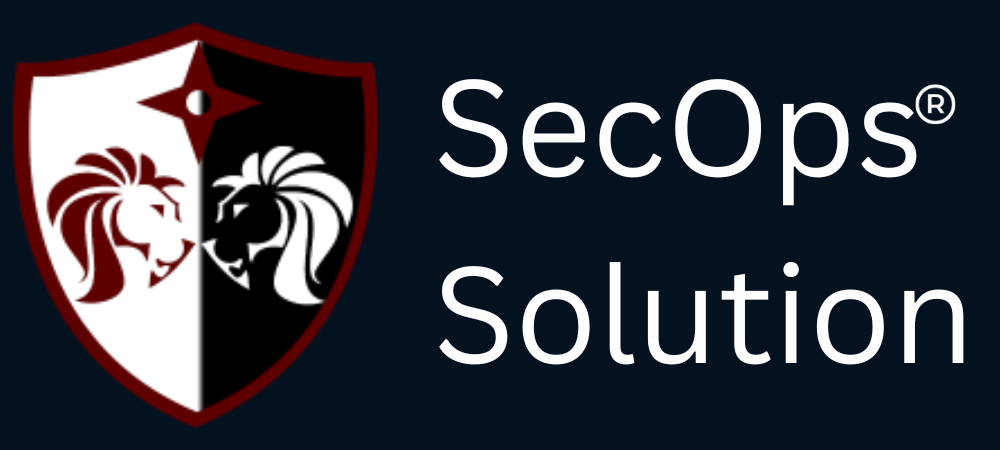
Agentless security for your infrastructure and applications - to build faster, more securely and in a fraction of the operational cost of other solutions

hello@secopsolution.com
.jpg)
The exponential rise of Generative Artificial Intelligence (GenAI) applications has paved the way for groundbreaking advancements across multiple sectors. However, this surge brings with it a spectrum of security and privacy challenges. Understanding and addressing these concerns are pivotal for businesses and individuals harnessing the potential of this transformative technology.
Artificial Intelligence (AI) encompasses various facets of computer science, enabling machines to perform tasks typically requiring human intelligence. Machine learning and Generative AI fall under this umbrella, with the latter focusing on creating novel data, often utilizing Large Language Models (LLMs) to generate new content.
LLMs are a specific type of AI program trained on extensive datasets for natural language processing tasks, including comprehension, summarization, and content generation. As AI advances, organizations must craft strategies to manage their integration effectively.

GenAI introduces distinctive challenges in defense and management. Moreover, it amplifies the potential threats posed by malicious actors who may exploit GenAI to bolster their attack strategies.
In a business context, AI applications permeate diverse functions, ranging from HR hiring to email SPAM detection. However, our focus lies on LLM applications primarily engaged in content generation.
Responsible AI usage is a cornerstone amid evolving regulatory frameworks. As principles of responsible AI evolve from idealistic concepts to established standards, the OWASP AI Security and Privacy Guide monitors these shifts, aiming to address broader AI considerations.

Leaders across executive, technology, cybersecurity, compliance, and legal spheres need to vigilantly track GenAI's rapid evolution. The LLM checklist serves as a compass for these stakeholders, enabling a comprehensive approach to safeguard organizations embracing LLM strategies.
A checklist serves as a strategic tool, ensuring thoroughness, goal clarity, and fostering consistent efforts. By following this guide, organizations gain confidence in their adoption journey while nurturing ideas for continual improvement.
However, it's crucial to note that while comprehensive, this document might not encompass every obligation or use case. Organizations should supplement assessments and practices as per their specific requirements.
LLMs grapple with unique challenges, particularly the intertwined control and data planes and their inherent non-deterministic nature. Additionally, the shift from keyword to semantic search impacts reliability, leading to 'hallucinations' arising from gaps in training data.
Training plays a pivotal role in preparing all organizational layers for AI and GenAI's implications. Customized training for various departments, from HR and legal to developers and security teams, is imperative.
Fair use policies and ethical guidelines must underpin these awareness campaigns, ensuring discernment between acceptable and unethical behavior.
While GenAI introduces a new paradigm in cybersecurity, established best practices remain foundational in identifying, testing, and mitigating risks. Integrating AI governance seamlessly into existing organizational practices is critical.
The checklist adopts the ISO 31000 definition of risk, emphasizing uncertainties' impact on objectives. It comprehensively covers adversarial, safety, legal, regulatory, reputation, financial, and competitive risks.
The integration of LLM cybersecurity with existing controls and processes is facilitated by leveraging resources like OWASP SAMM, AI Security and Privacy Guide, Machine Learning Security Top 10, among others.
The checklist presented here serves as a robust tool for organizations stepping into the realm of LLM applications. Yet, it's not a final destination; rather, it's a guide ensuring a secure, responsible, and regulated integration of AI, fostering continual adaptation and enhancement in the ever-evolving landscape of GenAI.
In the pursuit of harnessing the potential of AI responsibly, this checklist stands as a cornerstone, empowering organizations to stride confidently into the future of AI while mitigating risks and nurturing innovation.
SecOps Solution is an award-winning agent-less Full-stack Vulnerability and Patch Management Platform that helps organizations identify, prioritize and remediate security vulnerabilities and misconfigurations in seconds.
To schedule a demo, just pick a slot that is most convenient for you.